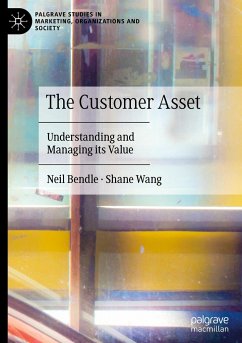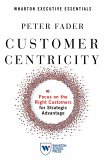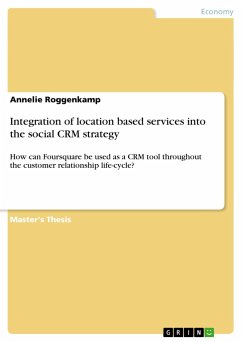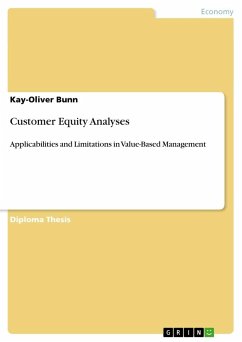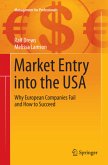This book delves into the concept of customers as financial assets, explaining how firms can assess investments in customer relationships. The authors present the VARIED framework for quantifying the customer asset, enabling marketers to devise strategies that enhance its value. Crucially, these strategies' advantages can be communicated in financial terms to non-marketers, instilling accountability in marketing and augmenting firm value through well-informed investment decisions. This methodology offers a practical avenue to enact the strategic concept of customer centricity. It will resonate with marketers, accountants, and all managers eager to demonstrate customers' financial worth to the organization.
Bitte wählen Sie Ihr Anliegen aus.
Rechnungen
Retourenschein anfordern
Bestellstatus
Storno

